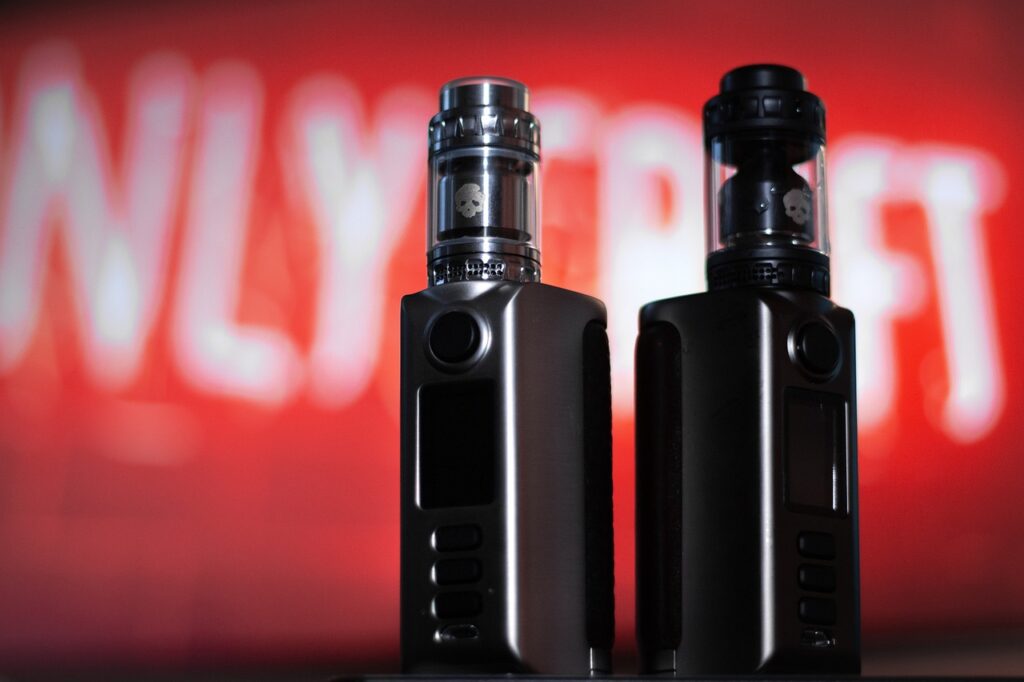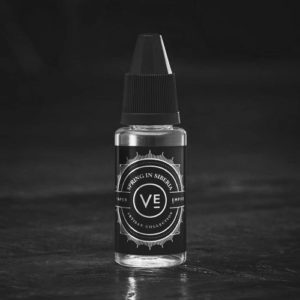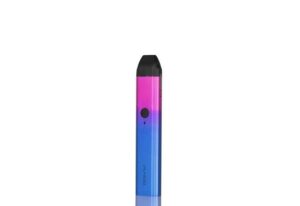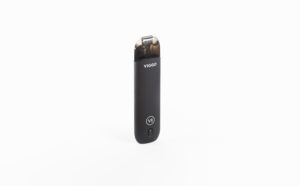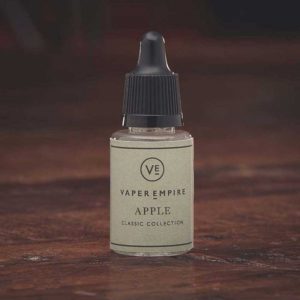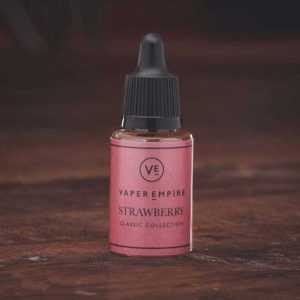Could banning flavored vaping products lead to an uptick in cigarette use among teens? According to a new study from the Yale School of Public Health, that may be exactly what happened when San Francisco approved a 2018 ballot measure banning the sale of flavored vape liquids.
When the measure banning flavored e-liquids passed, public health advocates praised the decision. Mind you, the measure wasn’t just designed to ban flavored vape juices, it was also written to include a ban on flavored tobacco products, including menthol cigarettes.
According to the study led by Abigail Friedman, an assistant professor of health policy at Yale School of Public Health, the law that San Francisco enacted may have adversely impacted those it aimed to protect.
The study’s findings, which were published in JAMA Pediatrics, found that the odds of high school students smoking conventional cigarettes doubled in San Francisco after the flavor ban was implemented.
Friedman indicated in a statement that even a “well-intentioned” law that leads to an increase in youth smoking “could pose a threat to public health.” She recommended exercising caution in light of the study’s findings.
Explaining the study’s findings, Friedman said that there are those who choose to vape instead of smoke because of the flavors that vaping products are available in, adding that “banning flavors may remove their primary motivation for choosing vaping over smoking, pushing some of them back toward conventional cigarettes.”
In light of the study’s findings, policymakers may be wise to carefully consider taking actions aimed at reducing vaping that may indirectly lead to an increase in cigarette use.
Public Health England has continually found vaping to be significantly less harmful than smoking.
Friedman recommends policymakers consider restricting all tobacco product sales to adult-only retailers, such as specialty tobacco and vape shops, as this would “substantively reduce children’s incidental exposure to tobacco products at convenience stores and gas stations, and adolescents’ access to them, without increasing incentives to choose more lethal combustible products over non-combustible options like e-cigarettes.”
It is worth noting that Friedman’s study is not without its limitations. Due to the short amount of time that has passed since San Francisco implemented its flavor ban, the amount of data available to analyze is limited. As a result, it is possible that the trend may differ in years to come.
Today, many popular vaping products are made available by their manufacturers in a wide variety of flavors. As a former smoker who has fully transitioned to vaping, I can confidently say that flavored vaping products not only helped me make the transition but have helped me stay smoke-free for numerous years.
When Juul decided to pull its flavored vaping products from shelves in the United States, the options that it left on the table, menthol and tobacco, weren’t right for me. As I result, I stopped using Juul vaping products not long after. As it turns out, I’m not the only former smoker turned vaper that has little to no interest in vaping e-liquids that taste like the cigarettes that I’ve worked hard to quit. Subsequently, for vapers like me, of which I imagine there are very many, access to flavored vaping products remains important.
Friedman’s suggestion that policymakers consider limiting access to vaping products to adult-only stores such as vape shops, in my opinion, makes a lot of sense. This way, former smokers who have switched to what a growing body of scientific evidence has shown to be a less harmful alternative, e-cigarettes, can continue to access the products that have helped them live a smoke-free lifestyle, and current smokers will continue to have access to vaping products that can potentially help them quit smoking by transitioning to vaping.
According to Johns Hopkins Medicine, vaping is less harmful than smoking. This finding has been reiterated time and time again. For instance, the New Zealand Ministry of Health has also found vaping to be “much less harmful than smoking” and England’s National Health Service (NHS) has similarly found e-cigarettes and vapes to be “far less harmful than cigarettes” and also capable of helping smokers “quit smoking for good.“


